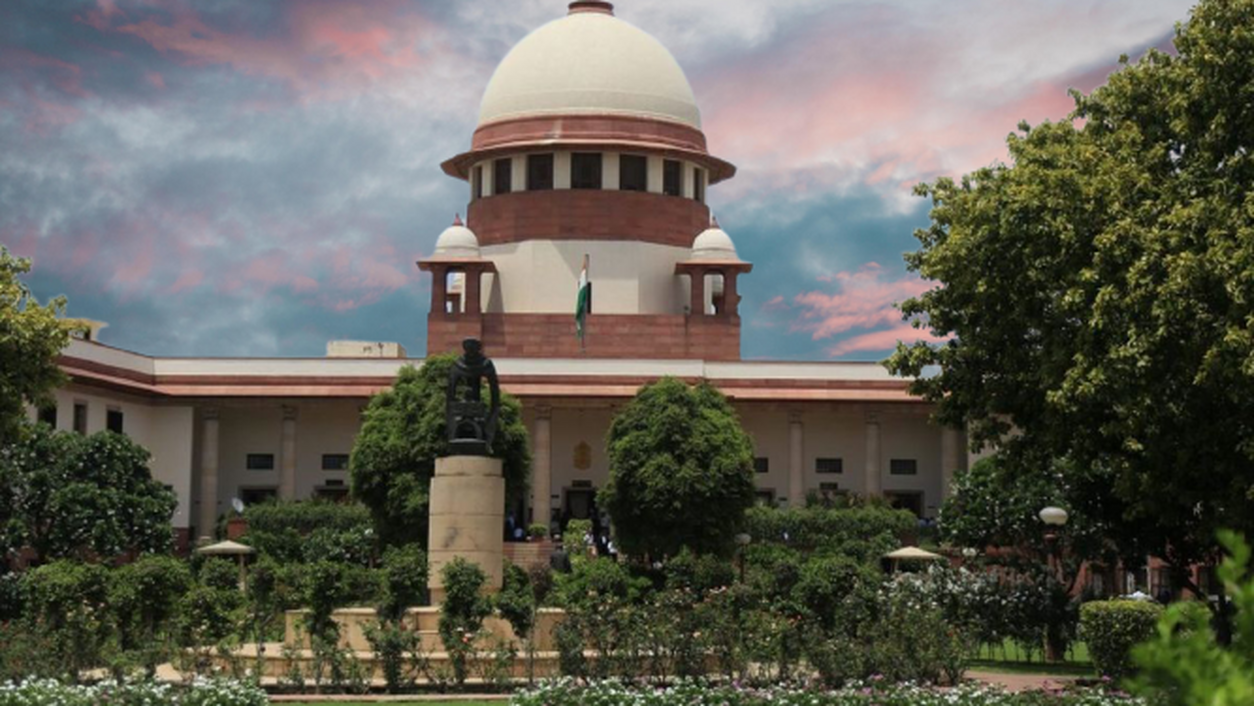Every delay in conducting disciplinary enquiry does not, ipso facto, lead to enquiry being vitiated:SC

Read Judgment: State of Madhya Pradesh vs. Akhilesh Jha
Pankaj Bajpai
New Delhi, September 13, 2021: While stating that prejudice must be demonstrated to have been caused and cannot be a matter of surmise, the Supreme Court has ruled that whether prejudice is caused to the officer who is being enquired into, is a matter which has to be decided on the basis of the circumstances of each case.
The Bench of Justice D.Y Chandrachud, Justice Vikram Nath and Justice Hima Kohli observed that every delay in conducting a disciplinary enquiry does not, ipso facto, lead to the enquiry being vitiated.
The observation came pursuant to custodial death of an individual, who was arrested by a “Gunda Squad” acting under the supervision of the Superintendent of Police at Alirajpur (first respondent).
The background of the case was that a departmental inquiry was initiated against a police officer for allegedly constituting, supervising and operating a Gunda squad, which had arrested a person and who later died in police custody.
Accordingly, a magisterial enquiry was conducted into the custodial death, which culminated in a departmental enquiry convened against the officer, resulting in issuance of a charge-sheet.
The Central Administrative Tribunal (CAT) however, quashed the charge-sheet on the ground that there was a delay of nearly two years and that the charges were ambiguous.
The Bench found that the charge-sheet, together with the statement of imputations, contains a detailed elaboration of the allegations against the first respondent and does not leave the recipient in a measure of doubt or ambiguity over the nature of the case he is required to answer in the disciplinary enquiry.
The Top Court noted that apart from submitting that the first respondent was unable to proceed on deputation or to seek promotion, there was no basis on which it could be concluded that his right to defend himself stood prejudicially affected by a delay of two years in concluding the enquiry.
The High Court, therefore, clearly failed to properly exercise the jurisdiction vested in it by simply affirming the judgment of the Tribunal, which suffered from basic errors which went to the root of the matter and which had been ignored both by the Tribunal as well as by the High Court, added the Bench.
Therefore, stating that the charge-sheet was issued to the first respondent while he was in service, and hence the disciplinary enquiry can proceed to its logical conclusion, the Apex Court concluded that the disciplinary enquiry should be concluded expeditiously, preferably by July 31, 2022.
Sign up for our weekly newsletter to stay up to date on our product, events featured blog, special offer and all of the exciting things that take place here at Legitquest.




Add a Comment